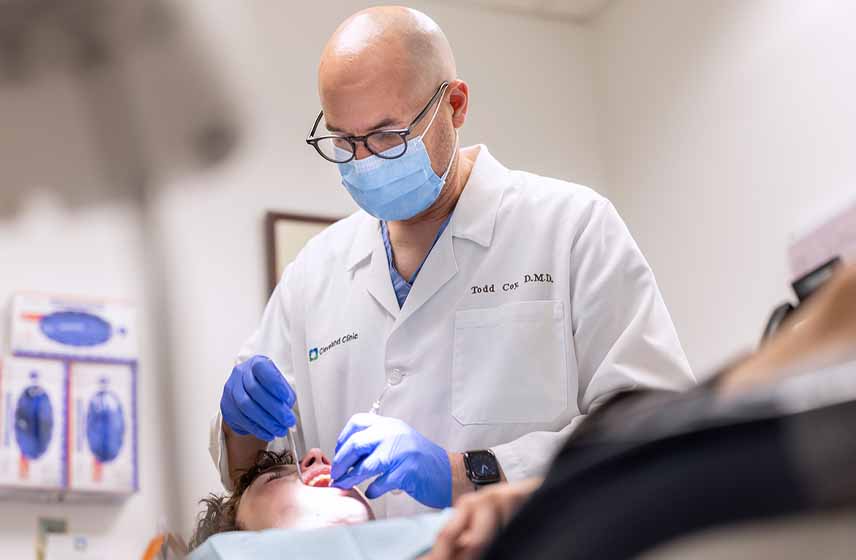The Secret to a Perfect Smile: Checking Out Veneers in Washington DC
The Secret to a Perfect Smile: Checking Out Veneers in Washington DC
Blog Article
Common Inquiries About Dental Veneers Answered
Dental veneers have actually come to be an increasingly popular option for those aiming to improve their smiles, yet several people continue to be unclear regarding various facets of their use. Secret inquiries often emerge regarding the application procedure, durability, and potential dangers connected with these aesthetic improvements. The distinction in between porcelain and composite veneers can substantially influence one's selection. As we explore these typical inquiries, it ends up being vital to take into consideration not only the advantages but additionally the effects of going with oral veneers in pursuit of a more certain look. What elements should one consider before making such a choice?
What Are Oral Veneers?
Oral veneers are thin, personalized coverings crafted from porcelain or composite resin that are created to cover the front surface area of teeth. These oral prosthetics serve both aesthetic and useful purposes, giving an option for different oral imperfections, including staining, chips, gaps, and misalignment. By adhering to the teeth, veneers can dramatically improve the general look of a smile, producing an extra eye-catching and uniform look.
Porcelain veneers are particularly favored for their all-natural clarity and tarnish resistance, making them an excellent selection for people looking for durable outcomes. In contrast, composite resin veneers are usually less costly and can be applied in a single go to, yet they may not supply the very same longevity as porcelain options.
The decision to choose oral veneers usually originates from a desire for aesthetic renovation, but individuals should additionally take into consideration variables such as the longevity of the product, upkeep needs, and the possible demand for tooth reduction (Low Cost Veneers). Eventually, oral veneers stand for a reliable and functional solution for achieving a radiant smile, satisfying specific cosmetic needs while advertising confidence and self-esteem
How Are Veneers Applied?
The application process for veneers calls for cautious preparation and accuracy to guarantee ideal results. The procedure usually begins with a comprehensive consultation, where the dental professional examines the client's oral health and wellness, goes over preferred results, and identifies the proper sort of veneers, whether porcelain or composite resin.
When the therapy strategy is developed, the dentist prepares the teeth by getting rid of a slim layer of enamel, usually about 0.5 mm to 1 mm, to fit the veneer. This action is critical as it makes sure an appropriate fit and stops the veneers from showing up bulky - Veneers. After preparation, impressions of the teeth are required to create personalized veneers that match the individual's unique dental structure and aesthetic choices
While the permanent veneers are being made in a dental lab, momentary veneers might be put to protect the prepared teeth. As soon as the irreversible veneers prepare, the dental professional will very carefully bond them to the teeth making use of a strong oral adhesive. Final adjustments are made to guarantee proper placement and attack, followed by polishing for a natural look. The procedure finishes in a follow-up visit to keep track of the veneers' fit and the find out this here client's fulfillment with their new smile.
What Are the Perks?

In addition, veneers are recognized for their toughness and resistance to discoloring contrasted to all-natural teeth. Made from premium materials such as porcelain or composite resin, they can preserve their look for several years with appropriate care. This long life makes them a useful financial investment in one's dental look.
In enhancement to aesthetic improvements, veneers can also read review contribute to improved dental health and wellness. By covering harmed or deteriorated teeth, they can give additional support and defense, assisting to avoid further degeneration or wear and tear. This safety element can lower the requirement for more extensive dental procedures in the future.

The Length Of Time Do They Last?
With proper treatment and maintenance, dental veneers can last anywhere from 10 to 15 years, making them a resilient remedy for improving one's smile. The long life of veneers greatly depends on the material utilized, the top quality of the initial positioning, and the patient's adherence to oral health methods.
Porcelain veneers are understood for their longevity and resistance to staining, normally lasting closer to the 15-year mark when cared for properly. Composite veneers, while a lot more budget-friendly, may require substitute faster, commonly within 5 to ten years due to their vulnerability to use and staining.

In addition, putting on a mouthguard throughout sporting activities or nighttime can supply extra protection. Inevitably, while veneers supply a considerable visual enhancement, their longevity is considerably affected by the dedication to correct oral care and normal appointments with an oral professional.
Are There Any Kind Of Threats?
Considering the transformative impacts of dental veneers, it's important to acknowledge the possible dangers connected with their application. While veneers can boost the look of teeth, the procedure involves the elimination of a thin layer of enamel, which can increase tooth level of sensitivity and vulnerability to degeneration.
One substantial risk is the opportunity of inappropriate placement or fitting, bring about pain, bite imbalance, or also damages to the underlying tooth framework. In addition, if the veneers are not maintained effectively, they can come to be stained or damaged in time, demanding substitute.
Individuals may also experience allergies to the materials made use you can try here of in the veneers, especially if they have sensitivities to specific oral composites. Furthermore, while veneers are sturdy, they are not unbreakable; extreme pressure from grinding or squeezing can cause fractures.
It is important for patients to seek advice from a certified oral expert to review their specific dangers and to follow aftercare guidelines carefully. By understanding these dangers, individuals can make educated decisions concerning their dental veneer treatment and make sure the durability and success of their improvements.
Final Thought
In recap, oral veneers represent a beneficial cosmetic solution for improving smiles, with factors to consider regarding their application, advantages, durability, and linked dangers. Inevitably, notified decision-making pertaining to oral veneers can lead to acceptable visual end results and improved oral health.
Dental veneers are slim, tailor-made coverings crafted from porcelain or composite material that are designed to cover the front surface of teeth. After prep work, impressions of the teeth are taken to produce personalized veneers that match the individual's distinct oral structure and visual choices.
While the permanent veneers are being made in a dental research laboratory, short-term veneers might be put to safeguard the prepared teeth. Once the irreversible veneers are all set, the dentist will meticulously bond them to the teeth using a strong oral adhesive. Eventually, informed decision-making pertaining to oral veneers can lead to satisfactory aesthetic outcomes and boosted oral health.
Report this page